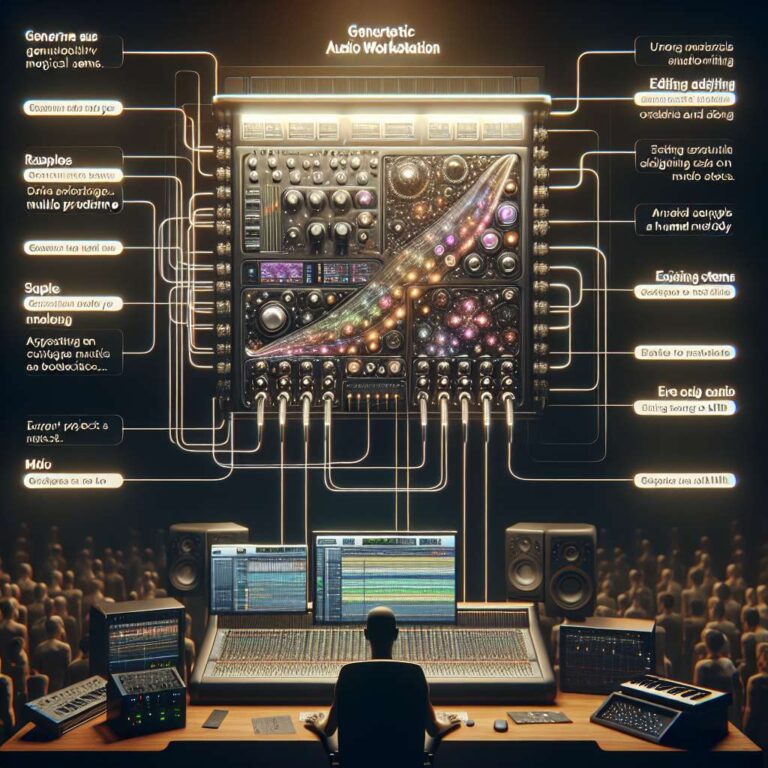Suno, a leading generative music company in Artificial Intelligence, introduced Suno Studio, describing it as a ‘generative audio workstation’ that consolidates its creation tools into one product. The platform lets users generate individual stems, arrange and edit them on a multi-track timeline, start from any audio source such as samples, stems or even a hummed melody to transform it into something new, and export projects as audio and MIDI. Suno positions the release as proof it can be more than a click-to-make-song engine and can compete with the professional digital audio workstations used by established hitmakers. Product manager Henry Phipps said the goal is to let musical ideas expressed in any form come to life.
The company has been quietly introducing and refining the tool through songwriting camps with professional musicians, including a session at Rick Rubin’s Shangri-La studios in Malibu hosted by producer Om’Mas Keith. Suno’s new chief music officer Paul Sinclair said the team has done nine or ten camps and has more scheduled, including in Asia, with producers such as THURZ, Rance of 1500 or Nothin’ and DONUT participating. According to Sinclair, Suno is not running the camps but joining ones organized by creators who want to incorporate the technology. The beta version of Suno Studio becomes available on Thursday (Sept. 25) for all users on the Premier Plan.
Co-founder and CEO Mikey Shulman called it a paradigm shift as Artificial Intelligence enters more studios, stressing that Studio expands the toolkit without prescribing workflows so that human talent remains in charge. The launch follows a string of moves from Suno: new editing features like a ‘creative slider’ and stem extraction in early June, the acquisition of the browser-based DAW WavTool later that month, and the hiring of former Atlantic Records executive Sinclair in July. Meanwhile, major music companies continue to pursue lawsuits alleging Suno and rival Udio infringed copyrighted recordings at scale, with an amended complaint on Sept. 19 claiming Suno scraped songs from YouTube. Separate reports indicated the majors have also engaged in licensing talks with the companies.

